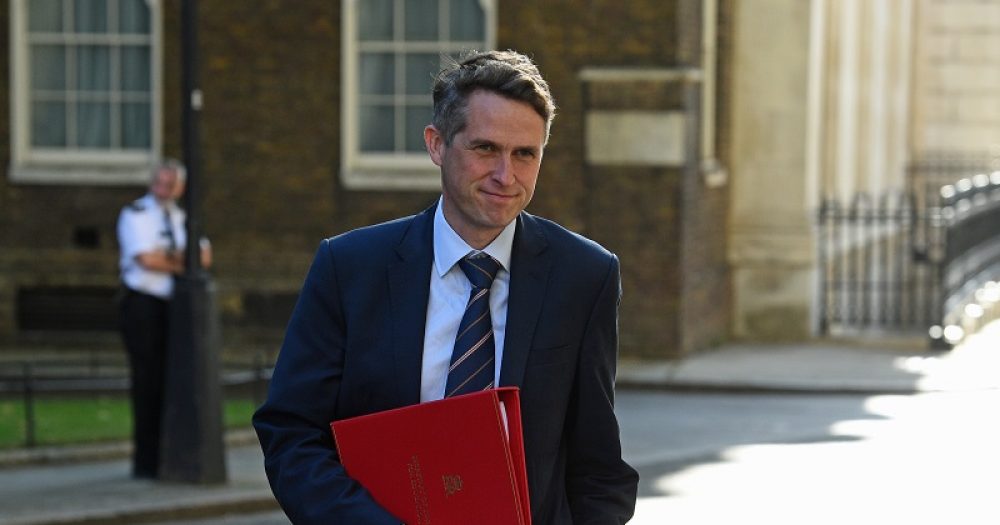Gavin Williamson should follow the lead of his most senior civil servant and step down, the influential Institute for Government think tank has said.
In an unusual move, the independent organisation which campaigns for more effective government, directly called for Williamson to step down, saying misjudgments made in education “have been some of the worst the government has made since the start of the pandemic”.
The misjudgements in education have been some of the worst the government has made since the start of the pandemic
It was announced yesterday that Jonathan Slater, the Department for Education’s permanent secretary, is to step down on September 1 following a bruising few weeks for the department which saw high-profile U-turns over exam results and the wearing of masks in schools. His resignation follows that of Sally Collier, the chief requlator of the exams regulator Ofqual.
Williamson has defended his approach in recent broadcast interviews, claiming had only become aware of problems with the exam results after A-level results had been handed out. He has also insisted ministers were following scientific advice when they decided to require masks to be work in some schools.
In a post on the IfG’s website, Bronwen Maddox, the institute’s director, said misjudgments in education, which date from “the first weeks of lockdown”, were “avoidable, given the time available to plan”, and said the government should accept responsibility.
“At the heart of these misjudgments are decisions that could only be made by politicians, not civil servants. That is not to say the department and Ofqual, the exam regulator, are without blame – the extent of which will be scrutinised in the coming weeks – but it was not their role to make the key decisions that have produced this rolling debacle.”
“Unless there are consequences for ministers of the decisions that are their responsibility, the UK’s principles of democratic accountability will become meaningless.”
In a lengthy post on the IfG’s website, the think tank catalogued a series of problems, from schools being ordered to close with “no clear direction or guidance”, to the “catastrophe” of the GCSE and A-level results and subsequent U-turn, which caused a “scramble” for university places.
“None of these decisions was easy,” the think tank said, “but the government had the advantage of being able to see them coming, compared to many of the decisions it faced in health in the first few weeks of the emergency.
“That holds true above all for the exam results. Once the decision not to hold exams had been taken – itself, in hindsight, perhaps another mistake – the government had five months before the normal results announcement date to decide how to handle it. That could have included announcing results earlier to allow more time for appeals. One former regulator and MPs confronted the government with the likely problems many weeks before the final eruption.”
The think tank said there “must also be a question” about whether the importance placed on avoiding grade inflation stemmed “from the weight put by Michael Gove and Dominic Cummings on this, given that they had created the new, tougher exams when at the Department of Education”.
There are also questions for Boris Johnson to answer, the IfG said, given it was “clear that the prime minister took many of these decisions himself (such as the instruction to have children return in June) and there should be questions now about whether he took advice from the department or special advisers in coming to those views”.
But Williamson “could have challenged the impulse to scrap exams” and pointed out “that the demands to send children back to school in June clashed with the social distancing the government demanded that schools observe”.
“He could have led an open discussion about what online learning schools should provide and grappled with the unions in their resistance to parts of that. He could have publicly championed the cause of education as the government fumbled its way out of lockdown. And he could have interrogated Ofqual about the results its model was going to produce, anticipated the unfairnesses, and produced a plan.”
The DfE was approached for comment.








Your thoughts